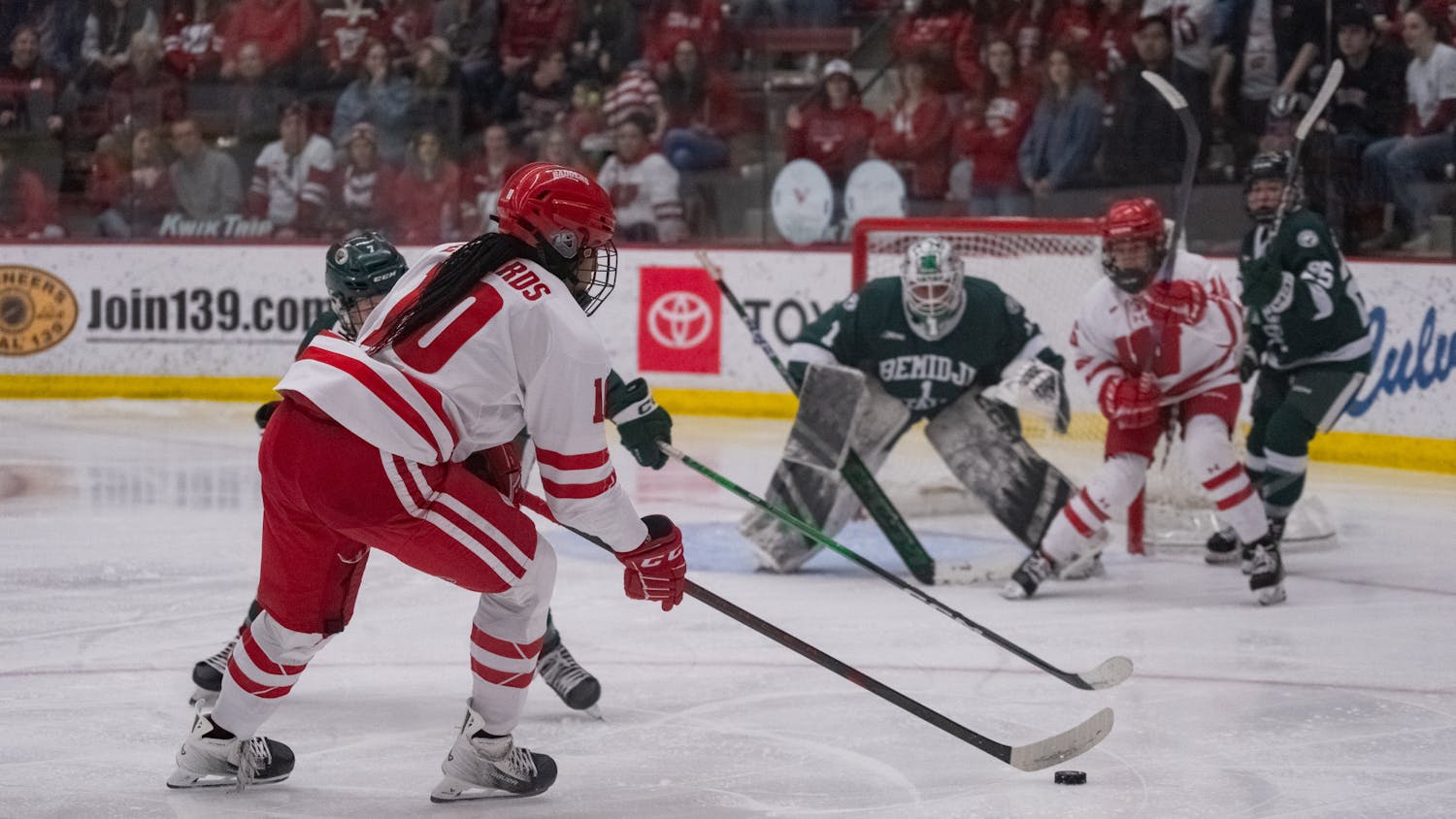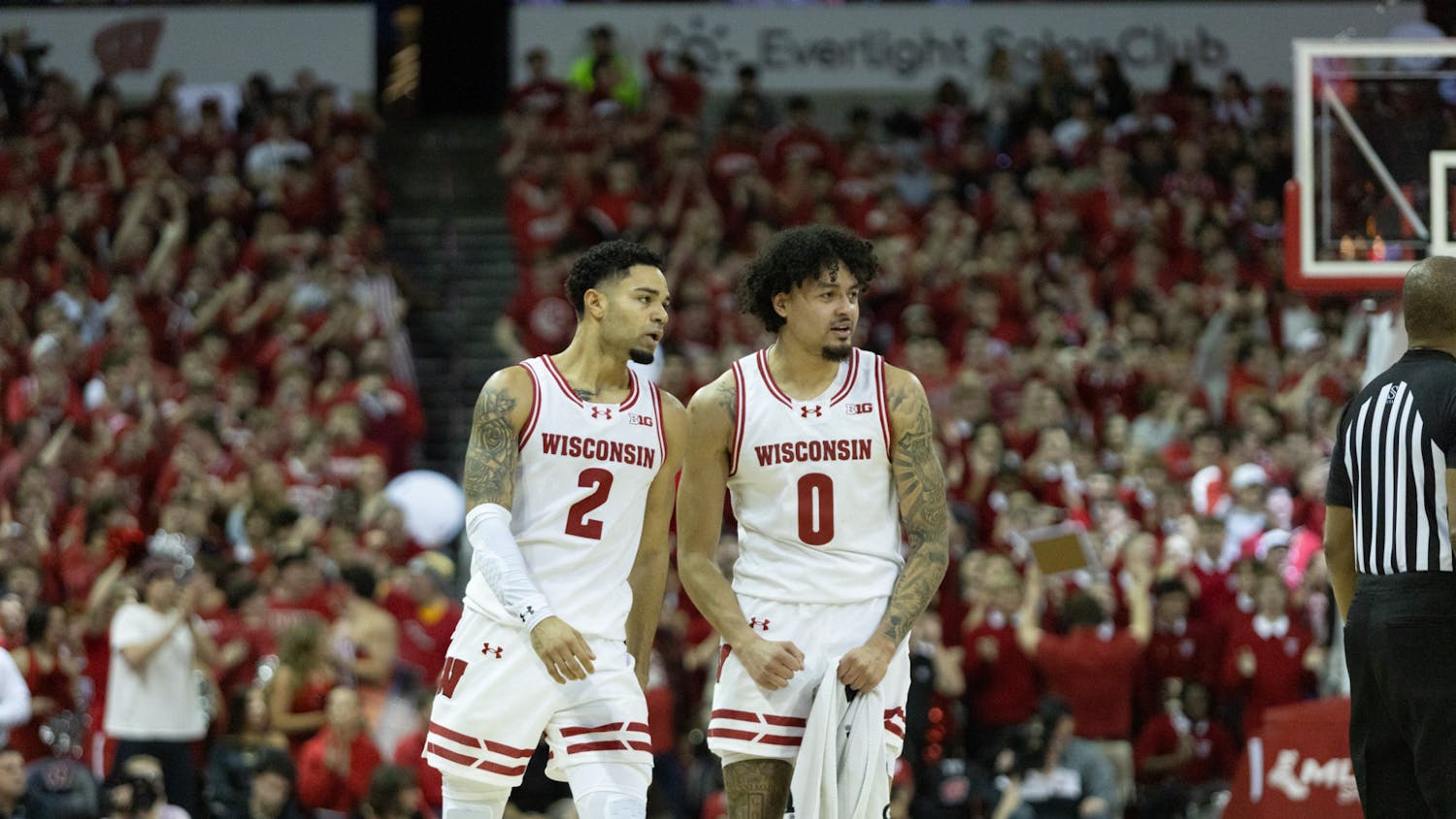Students are making their voices heard about the future of their dollars after the Joint Finance Committee handed down an order to UW System schools in May, requiring them to have a uniform system of distributing segregated fees.
Each student pays segregated fees, along with their tuition, at all UW System institutions. Segregated fees are divided into allocable and non-allocable funds. Allocable budgets are negotiated every year and support programs like WSUM and the Associated Students of Madison. Non-allocable funds cover larger, fixed costs such as University Health Services, Rec Sports and student unions.
These distinctions are not the same at each institution, however. Now, the Segregated Fees Committee — a body composed of student government representatives from schools around the UW System among others — are working to make a uniform list that each school must follow.
Regardless of how the committee determines which costs will be allocable and non-allocable, all UW System schools will make changes to their processes.
“Every institution is going to need to make a change,” Renee Stephenson, the UW System’s assistant vice president for budget and planning, informed the UW System Student Representatives at their meeting Sunday during a presentation about the committee’s progress. “We haven’t found an institution that had a best practice that we could say ‘Well, let’s all follow that route.’ So this will impact how each institution handles their segregated fees.”
This comes after Gov. Scott Walker proposed an opt-out of allocable segregated fees, which, at UW-Madison, would have amounted to $89 per semester out of the total $51 million in segregated fees that ASM and the Student Services Finance Committee controls.
UW-La Crosse Student Body President Jacob Schimmel, who also sits on the Segregated Fees Committee, said the reclassifying of campus costs has been difficult so far because of the stark differences between how each school handles their funds. For example, while UW-La Crosse’s transportation line is entirely classified as allocable, UW-Stevens Point’s transportation comes from their non-allocable funds, he said.
“The reason [it’s been difficult to make the overall decision] is that there is a good balance of schools that have certain fiscal items in either allocable or non-allocable,” Schimmel said. “I can see why this speaks to many about the need to make the process uniform across the system, however, it’s difficult to classify as a committee because each school has an efficient process regardless of whether it’s allocable or not.”
The Segregated Fees Committee’s recommendation will be brought to the Board of Regents in November. At that point, the board can either adopt or reject the plan, forcing the committee to continue work until approval is given. But ultimately, the JFC has the final say in increasing segregated fees.
With the state’s involvement in the final decision, Schimmel said he was concerned about the legislature’s intentions “in terms of the impact of reclassification.”
Since students have primary control over how allocable segregated fees are spent at UW-Madison, if the group decides to move line-items to non-allocable, students would no longer have sole power in distributing them. Instead, the chancellor has the power to influence, and sometimes veto, how students make these decisions about how non-allocables are used.
John Peralta, chair of UW System Student Representatives, highlighted the importance of students’ abilities to make important decisions. For example, at UW-Stevens Point, where he goes to school, student government was able to make the campus tobacco-free, he said.
“Because students have done these great things, with our power, it just goes to underscore the importance of having us involved,” Peralta said. “Those things lead to our enrichment as students … it’s part of the whole Wisconsin Idea.”






